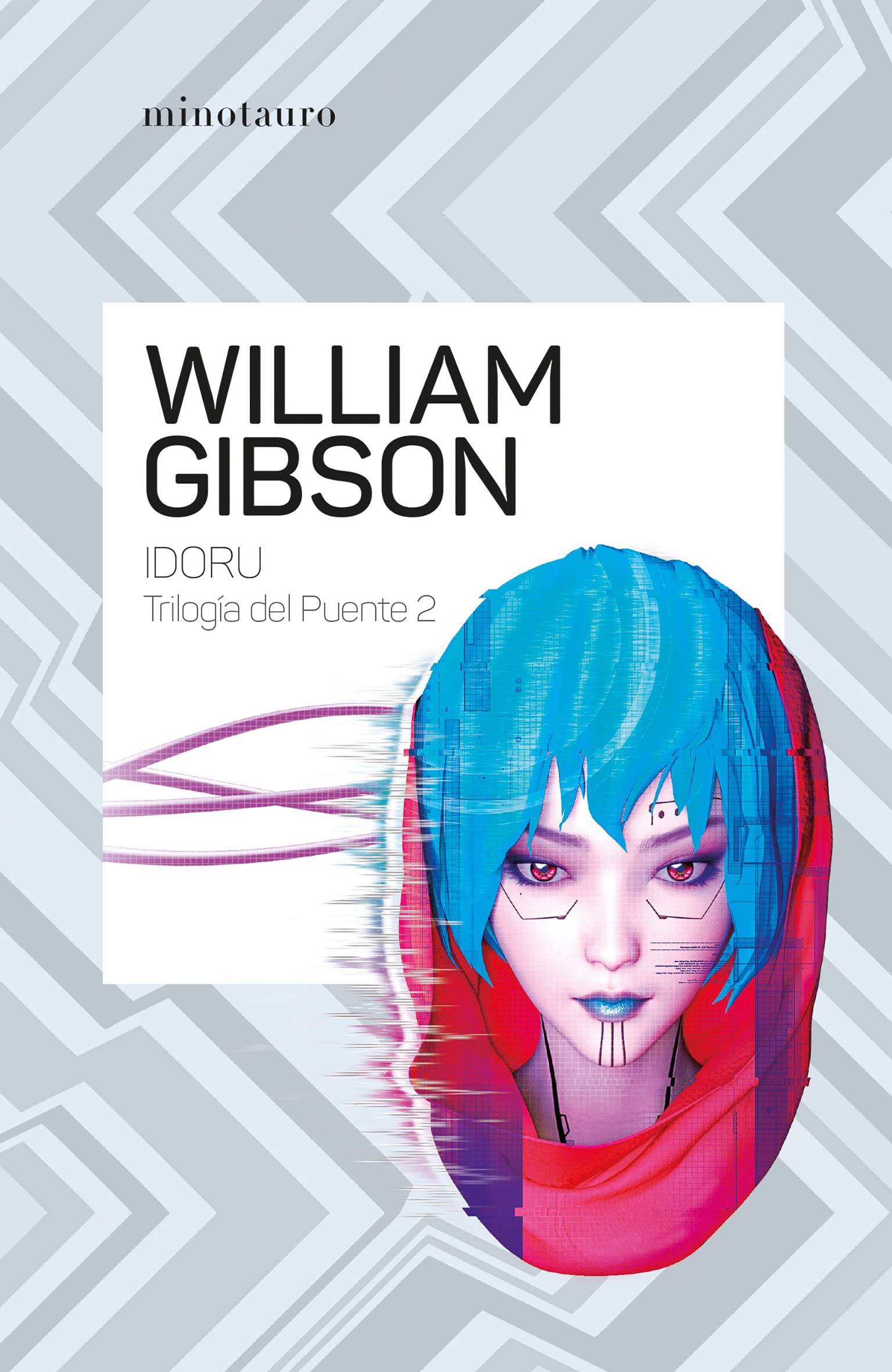
Review of William Gibson’s book “Idoru” (The Bridge Trilogy 2)
Idoru is the second novel in William Gibson’s Bridge trilogy, published in 1996. Set in 21st-century Tokyo, the story follows Colin Laney, a “data miner” with superhuman abilities to detect patterns in vast amounts of information. Laney is hired to investigate Rei Toei, a Japanese virtual idol who has achieved an incredible level of intelligence and awareness.
What is an idoru? This is the question that the reader asks themselves when entering the world of William Gibson, the master of cyberpunk, in his novel “Idoru”. Published in 1996 and reissued in 2022 by Minotauro, “Idoru” is the second part of the Bridge Trilogy, which began with “Virtual Light” and concluded with “All Tomorrow’s Parties”. In this work, Gibson takes us to a Tokyo of the future, rebuilt after an earthquake that devastated it, and where technology has reached a level of sophistication and omnipresence that blurs the boundaries between the real and the virtual.
The story revolves around two main characters: Chia McKenzie and Colin Laney. Chia is a teenage fan of Lo/Rez, a rock band fronted by Rez, a charismatic singer who has announced his intention to marry an idoru, a virtual star created by algorithms. Chia travels to Tokyo to find out the truth about this strange marriage and becomes embroiled in a plot of espionage, conspiracy and danger. Laney is an expert in analyzing data and finding hidden patterns, who is hired by Lo/Rez’s entourage to trace the connection between Rez and the idoru. Laney discovers that the idoru is not a simple holographic projection, but a complex and autonomous entity that has its own plans and desires.
«Idoru» is a novel that reflects on themes such as identity, reality, love and fame in a world where the virtual and the real are confused and fused. Gibson shows us a fascinating and critical vision of a hyper-connected and mediated society, where corporations and networks control the information and emotions of the masses. At the same time, he offers us a story of action and suspense that keeps us hooked until the end.
Gibson’s style is agile and precise, full of cultural references and neologisms that create a unique and original language. The author immerses us in a rich and detailed universe, where each setting and each character has its own personality and history. The narration alternates between the points of view of Chia and Laney, creating a contrast between their experiences and perspectives.
«Idoru» is a book that I recommend to all science fiction and cyberpunk lovers, as well as to those interested in reflecting on the impact of technology on our society and culture. It is a work that has not lost its relevance or validity over time, but rather has anticipated many current phenomena. It is a read that will make you think, feel and enjoy.
Rei Toei is in love with a member of her fan club named Keith Blackwell. But Keith mysteriously disappears and Colin sets out to find him, uncovering a corporate conspiracy bigger than he expected. Gibson explores the nature of celebrity, artificial intelligence, and human relationships in the post-human era.
As always, Gibson’s prose is lyrical and hypnotic, drawing us into the chaotic flow of information of the future. She describes Tokyo in an astonishing level of detail that brings the setting to life. Rei Toei is a fascinating character, arguably the first truly conscious AI in science fiction. The relationship between her and Keith raises provocative questions about what it means to be human.
“Idoru” is a brilliant follow-up to “Virtual Light,” exploring how technology could change society and what it means to be human. Gibson’s vision of near-future Tokyo, replete with technologies like virtual reality, biotechnology, and AI, remains plausible and relevant today. For fans of cyberpunk and technological speculation, “Idoru” is a must-read, as is the rest of the “Bridge” trilogy. It’s another example of Gibson’s unsurpassed ingenuity in predicting the future.
In short, “Idoru” is an absorbing and imaginative science fiction novel that explores the impact of technology on 21st-century humanity. It is an impressive achievement by Gibson that has aged extremely well and offers an exciting glimpse into the possible future of virtual reality, artificial intelligence and globalization.
Source: https://algunoslibrosbuenos.com/idoru-william-gibson


